Juneteenth is more than just a historical event; it is a time for families to reflect on their past, the struggles they’ve overcome, and the progress made since the day enslaved individuals were finally freed. For one local family, this day holds deep personal meaning, as it marks the journey of their ancestors from slavery to success.
The Family’s Journey to Freedom
For Diane Henderson Moore, June Collins Pulliam, and Roy Collins, Juneteenth is a reminder of the day their great-great-grandparents, Horace A. Scull and Emily Scull, received their freedom. Their ancestors were among the last enslaved people in Texas, and on June 19, 1865, Union soldiers arrived in Galveston to announce the end of slavery in the state.
This moment came nearly two and a half years after President Abraham Lincoln’s Emancipation Proclamation, which had already freed enslaved people in other parts of the United States.
“My great-grandfather was a 5-year-old when his family came in 1865,” said Diane Henderson Moore, reflecting on the significance of this historic day.
Embracing Freedom and New Opportunities
The Scull family made the decision to move to Galveston right after emancipation, knowing it was a place where federal troops had arrived and where real change was beginning to take place.
According to June Collins Pulliam, “There was a good reason for that… you know it was going to affect change in a much more direct way rather than simply waiting for the society to adapt to itself.”
With their newfound freedom, the Sculls worked hard to build a life in Galveston. The family’s great-grandfather, Ralph Albert Scull, was just 5 years old when slavery ended, and as he grew, he focused on education.
“He went to all the schools that were available for him here, and when he had obtained all the education he could, he went away to Wilberforce University and got his teaching credentials,” said June Collins Pulliam.
The Legacy of Education and Empowerment
Ralph Scull’s pursuit of education helped shape the future of his family and community. He documented life in Galveston post-emancipation, even noting how Juneteenth was celebrated. “He kept records of how even Juneteenth was celebrated and aspects such as there was a cadet band that was formed by current and former military personnel,” explained Roy Collins. This band, made up of African American men, played a key role in the social and cultural life of Galveston.
Ralph’s efforts didn’t stop there; he and his sister were recognized in local newspapers for their participation in the Emancipation Day celebrations in the late 1800s, reading the Emancipation Proclamation at public events.
A Family’s Deep Roots in Galveston
Roy and June’s mother, Izola Fedford Collins, wrote a book titled Island of Color: Where Juneteenth Started, which chronicles the history of Galveston from 1865 to the early 2000s. “Many of my ancestors were part of the change that came into Galveston, establishing many institutions, whether it be educational, religious, business, cultural, social, otherwise,” said Roy Collins.
One significant institution for the family was Reedy Chapel AME Church, a former meeting place for the enslaved that became a vital part of their community even after emancipation. It was here that the Scull family continued their commitment to faith and leadership.
“Reedy becomes a very important part of the family’s history,” said Roy. The names of Horace A. Scull and Ralph Albert Scull can still be found in the church’s cornerstones, as both men held leadership roles in the congregation.
The Importance of Juneteenth
For this family, Juneteenth represents much more than just the end of slavery—it symbolizes the beginning of freedom, opportunity, and progress. “For me, it means the beginning of freedom and beginning of other opportunities,” said Diane Henderson Moore. June Collins Pulliam added, “It’s really an important remembrance of a very pivotal time in history.”
As they reflect on their family’s journey, they are reminded of the strength and perseverance that helped them overcome the challenges of slavery and build a future filled with opportunities for future generations.
In conclusion, Juneteenth is not just a holiday for this family; it is a celebration of their ancestors’ journey from enslavement to empowerment. It serves as a reminder of the sacrifices made for freedom, and the continued fight for equality and justice.
Through the legacy of education, community, and faith, this family honors the spirit of Juneteenth and looks forward to passing down their story to future generations.

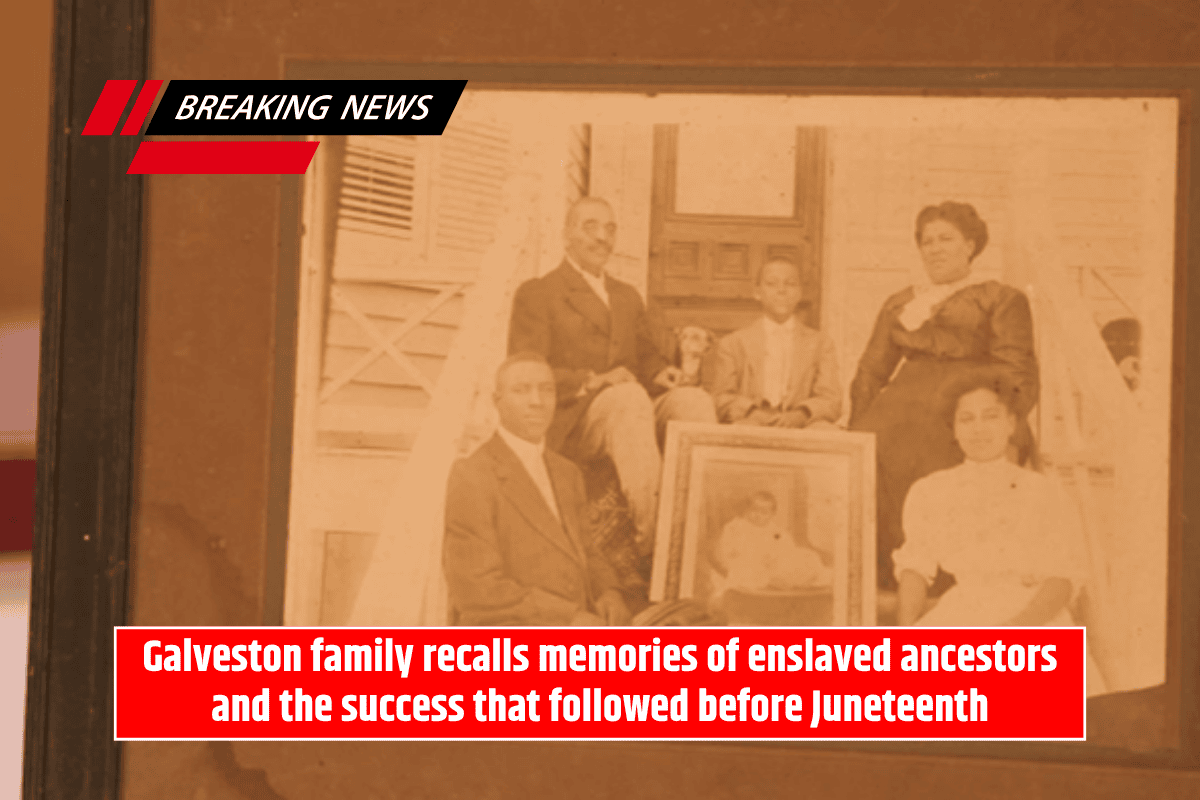


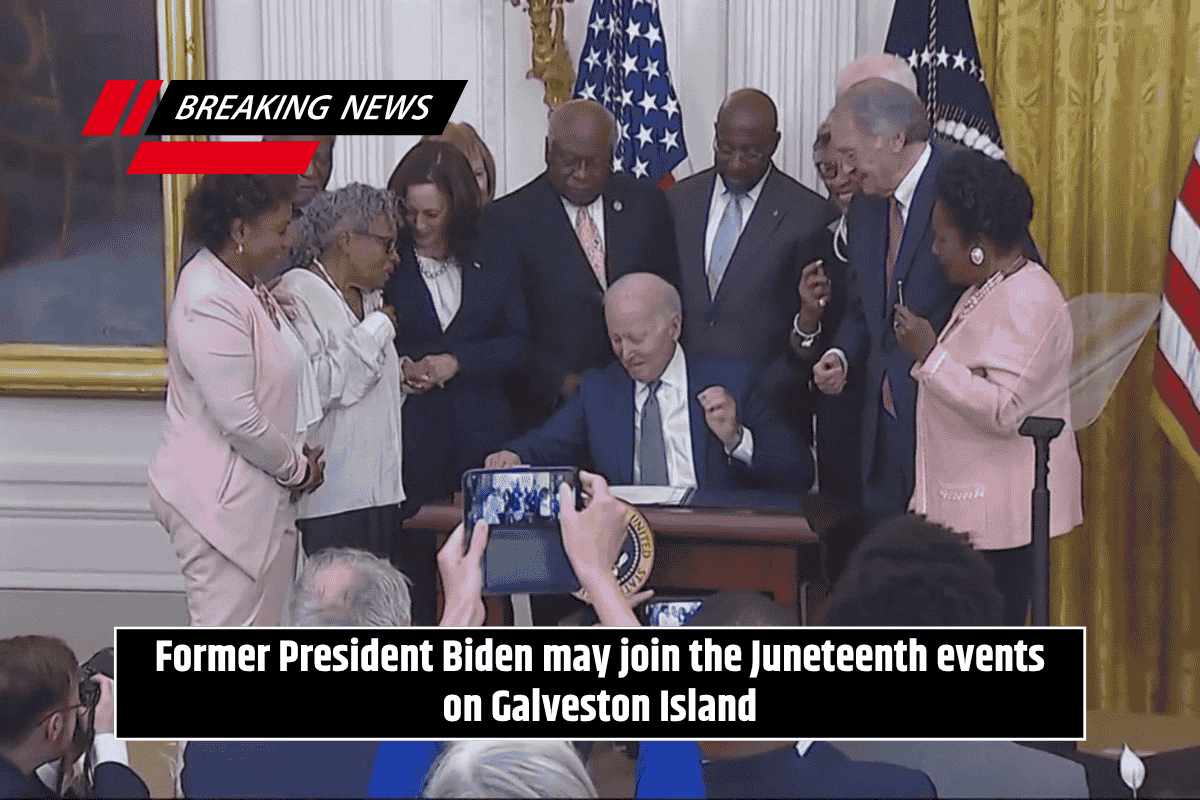
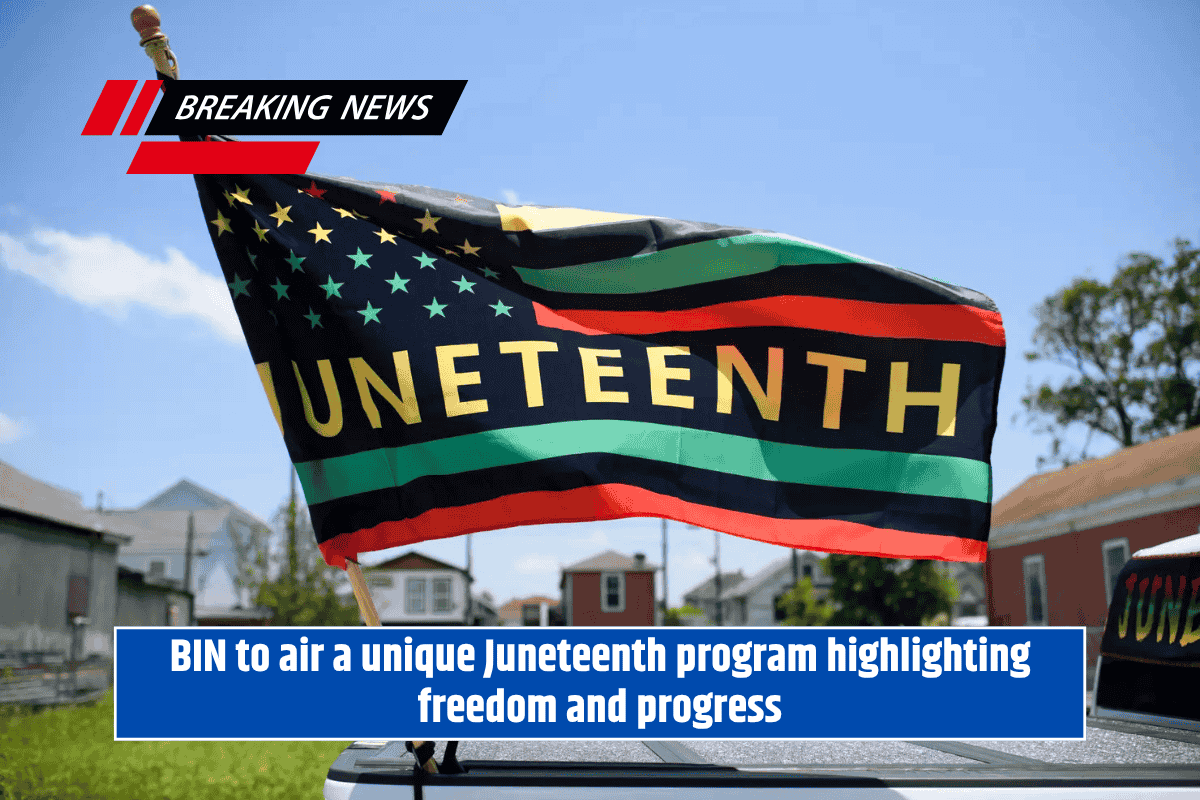
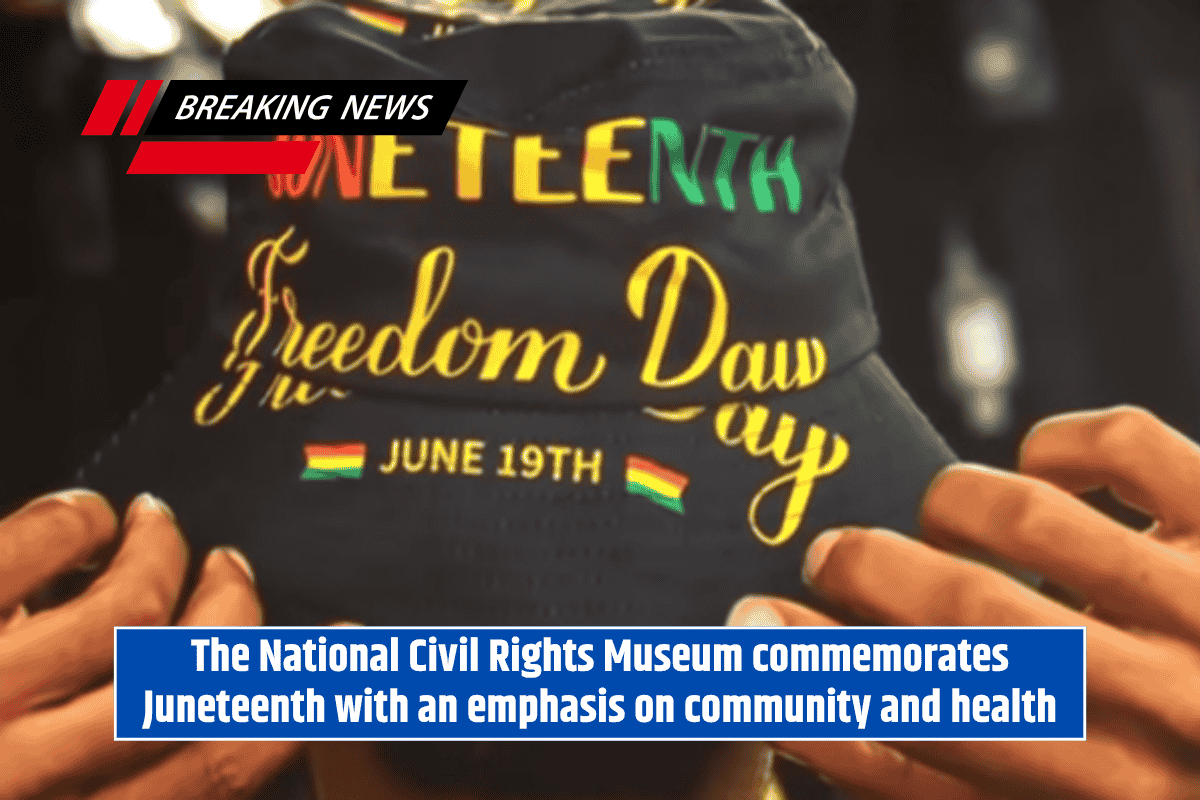
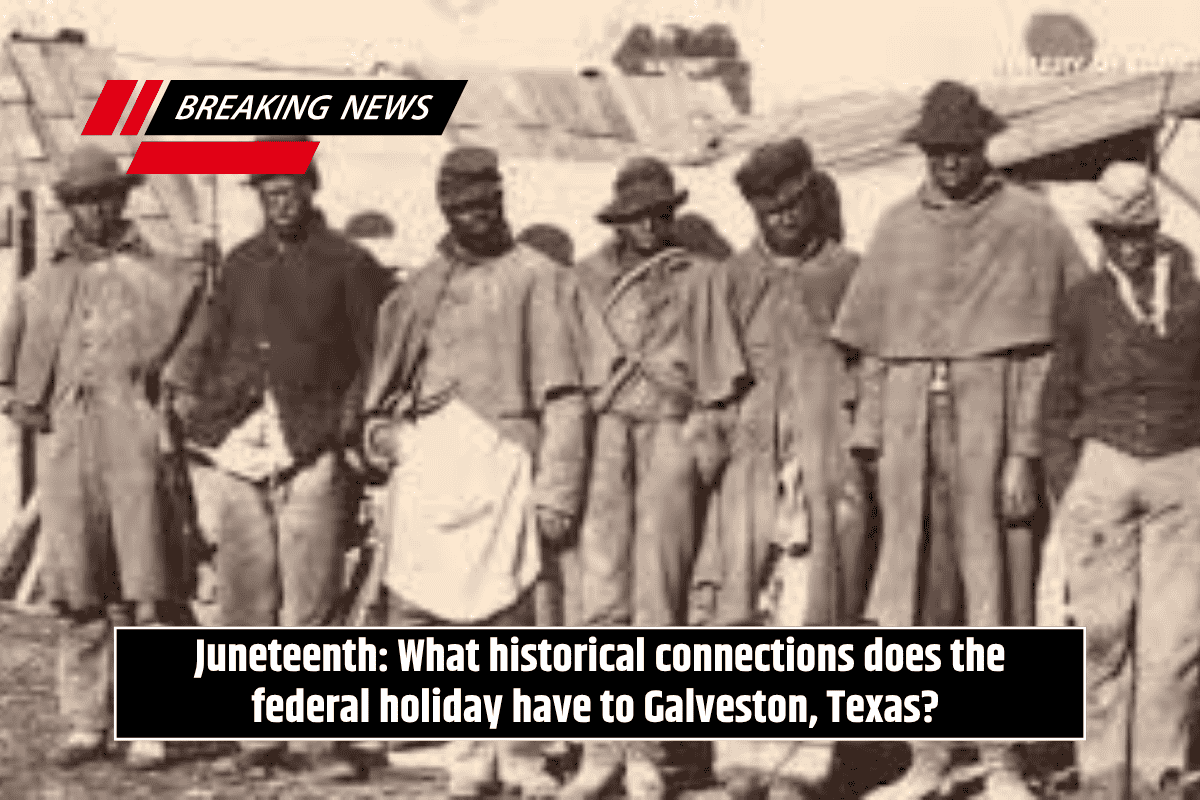








Leave a Reply